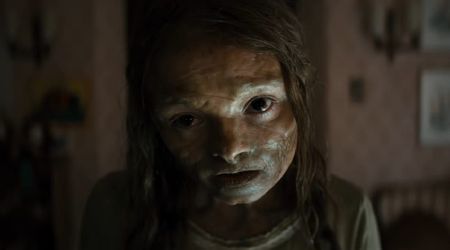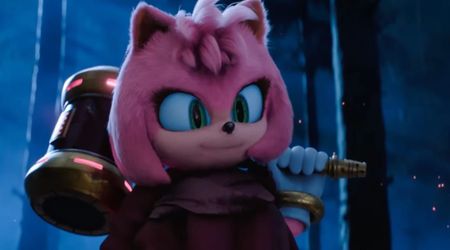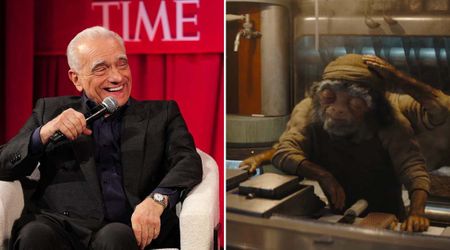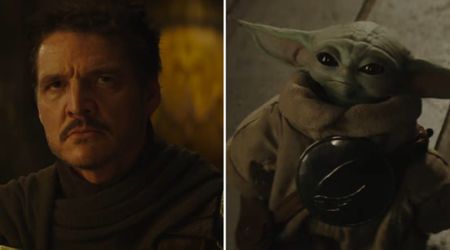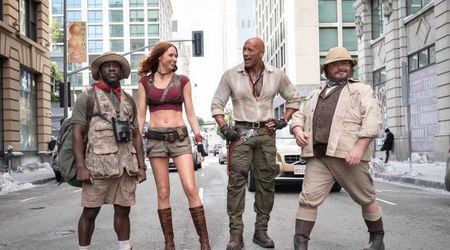'Mulan': Before the live-action remake, was the Disney animated film revolutionary in its approach to women?

Disney's 'Mulan', which followed closely on the heels of 'Hercules', was a radical departure in the approach to Disney's contrite princesses. She wasn't the stereotypical doe-eyed princess, who was awaiting her Prince Charming to rescue her like 'Snow White', 'Sleeping Beauty' or even Jasmine in 'Aladdin' for that matter.
Jasmine was feisty and fiery for sure and made it clear that she wasn't "a prize to be won", but ended up being a plot device to further the storyline. 'Mulan' was released during the third wave of feminism and since then, there has been much debate by scholars on its approach to women turning patriarchy on its head. Till then, Disney princesses followed the virtues of the women in fairytales — be submissive and accept society's rules.
The words "good, sweet and caring" were often attributed to such women and their duty was to wait for their man who would come and rescue them from their travails and all the conniving people around them. In short, follow the path of virtuosity. Don't step away from it, else you'll be eaten by the wolf, like Red Riding Hood.
And that's where Disney's Mulan decided to change things up, a bit.
'Mulan' is based on the ballad of Hua Mulan, the woman who dressed as a man to lead an army to victory against the enemies of her country. As war was considered primarily a masculine activity, history is full of such stories, where women kept their true sex a secret before heading into war.
As the primary expectation of women was to get married and relegate themselves to the household, many (Mulan, case in point), chose to escape this life of domesticity by becoming soldiers for their country. And so, Disney's 'Mulan', which came after a spate of innumerable princess films, was undoubtedly a radical departure from the stereotypical feminine virtues that the studios had propagated for over decades.
She was not a damsel in distress, in fact, she was the one who rescues her possible love interest, at least twice in the film. For once, the male love interest was just to further the story, rather than actually be the centerpiece.
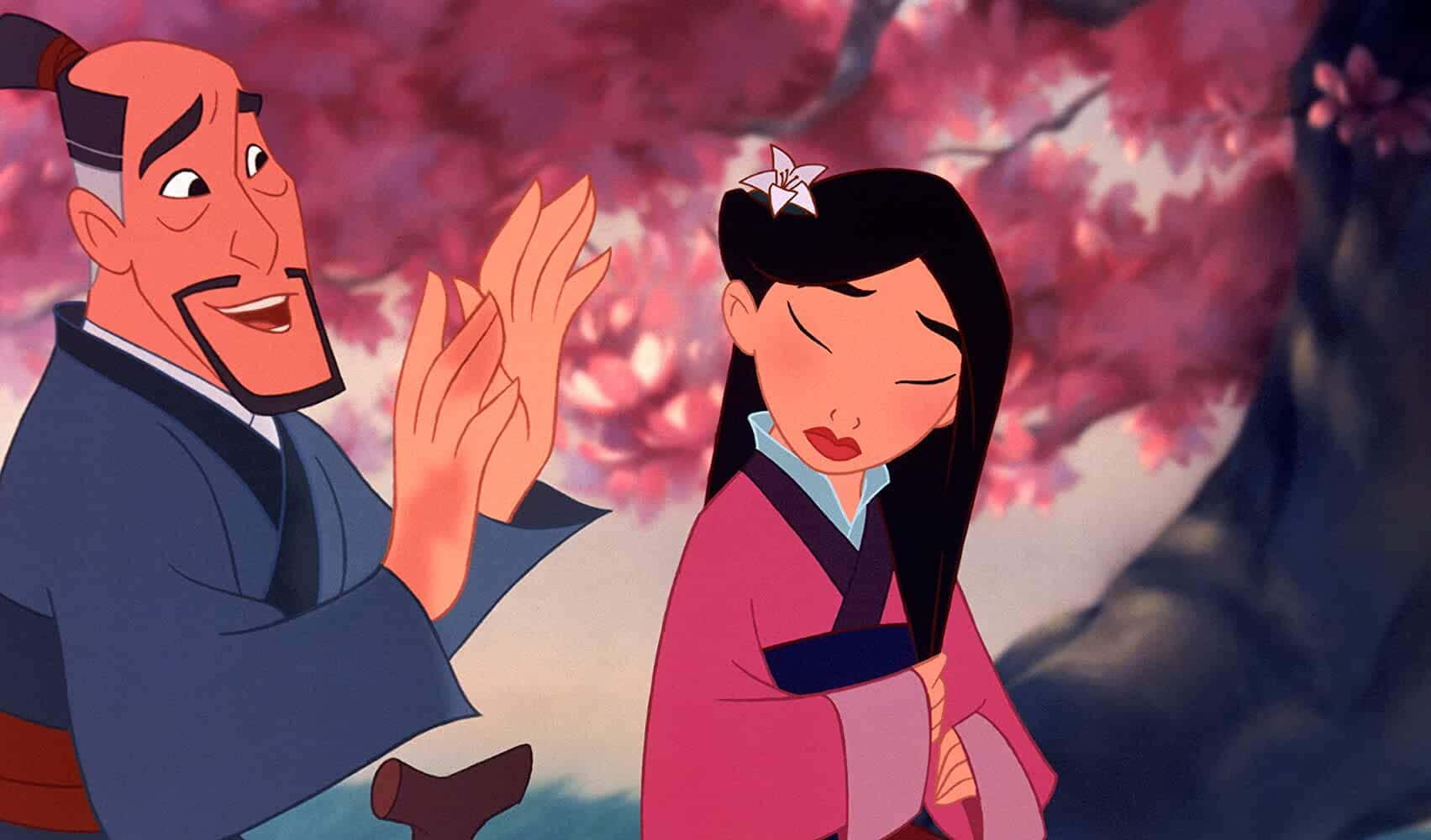
Back to the question, how feminist was the film? 'Mulan' has often received harsh criticism for the songs 'I'll Make A Man Out Of You' and 'Honor To Us All'. When taken out of context, the songs are undoubtedly sexist and reinforce patriarchal norms.
While 'Honor To Us All' elucidates the expectations forced upon women who are expected to marry and recede to the household, 'I'll Make A Man Out Of You' is where the commander of the army tells the men in the army to buckle up and fight like men — not women. The song opens with "Did they send me daughters when I asked for men?"
The lyrics emphasize the idea of toxic masculinity "Be a man, you must be swift as a coursing river" with the "force of a typhoon" as well as a hint of a mystery — "be mysterious as the dark side of the men". On the surface, it shows that only men possess enough physical strength to fight, and yet, they don't know that they are fighting alongside a woman.
These two "problematic" songs can actually be seen as satirical nudges at ingrained patriarchy. In fact, Shang comes across as an overtly toxic male because even though Mulan saves him, he rebuffs her later when he finds out that she is a woman. It's only after she saves him again that he changes his opinion of her.
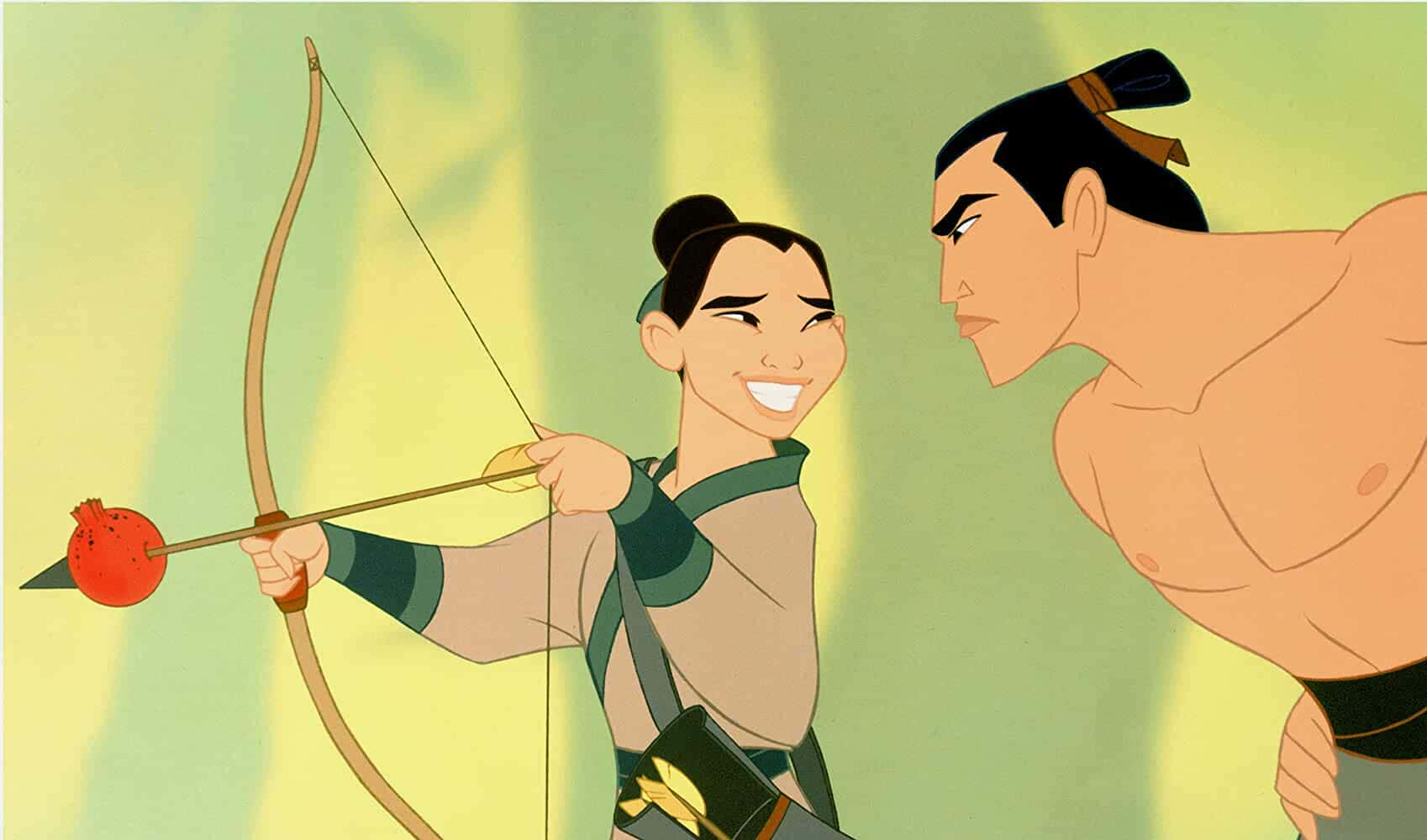
Yet, let's remember that Mulan survives the army life, only because she pretends to be a man. She becomes "strong" by ignoring her "girlish" tendencies, reinforcing the age-old adage that women are strong when they don't act like men. Gender has been accepted as a social construct now and female identities are constituted with ideas of what's considered "feminine" such as wearing skirts, make-up, etc.
However, the film goes back and forth on this construct as well, as she finally fights as a woman in the climax, by letting her hair loose. She does not don any armor and neither does she wear any paint on her face. She is a woman warrior, and for a moment, you feel that she isn't accepting of society's expectations of women. The ending of the film has received much criticism from feminists, as Mulan refuses the offer from the emperor and decides to return home as she has been "away for too long".
This doesn't quite deserve such heat, as returning home out of choice isn't a disappointment to feminine sensibilities. It does not detract from the fact that Mulan is not losing her independent status as a woman. Her father is proud of her and realizes that she has more to her than just being a bride.
The feminist discourse was still finding its way in films and so perhaps the feminism in 'Mulan' is always up for debate. But there's no doubt that it was a herculean attempt to break away from Disney's stereotypes. It remains to be seen whether the live-action remake will adapt the story further to the current times as feminism has come a long way since then too.
The live-action remake of 'Mulan' will release on September 4 on Disney+.



